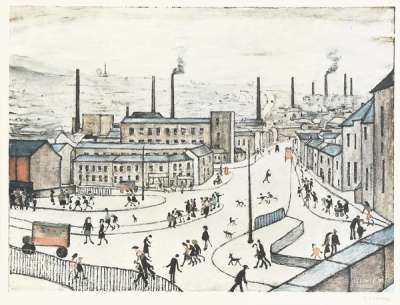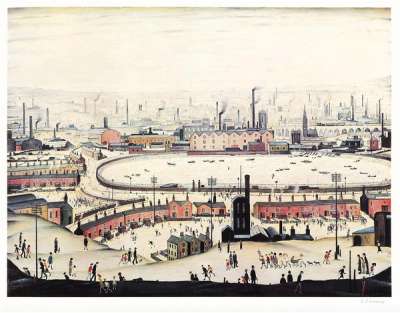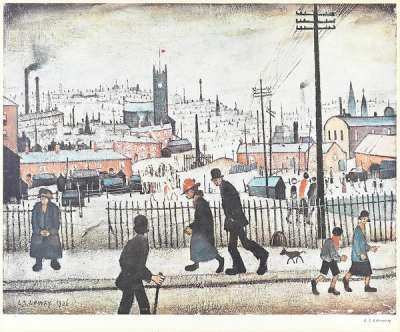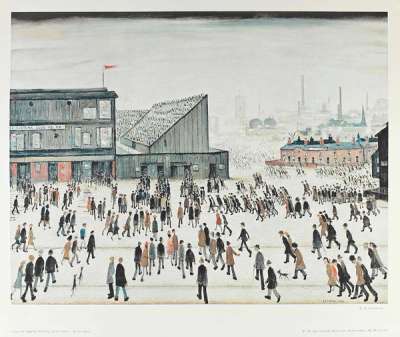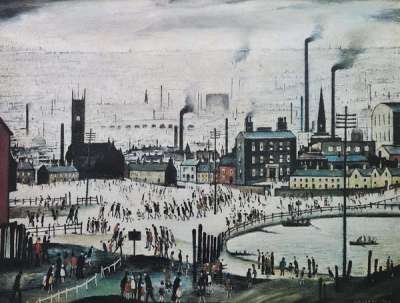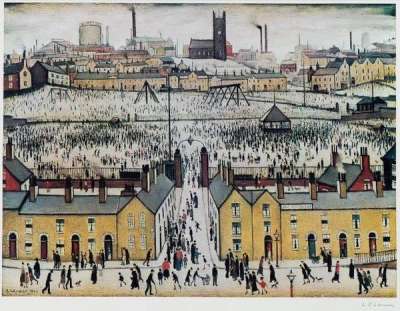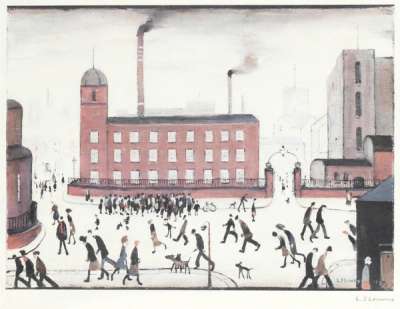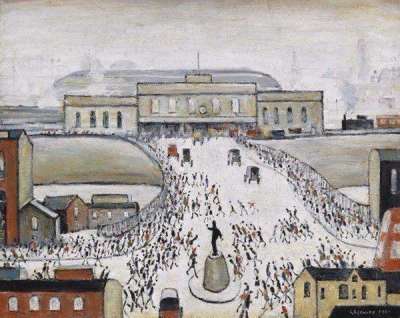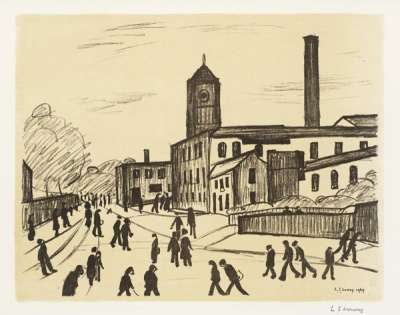
Industrial Panorama
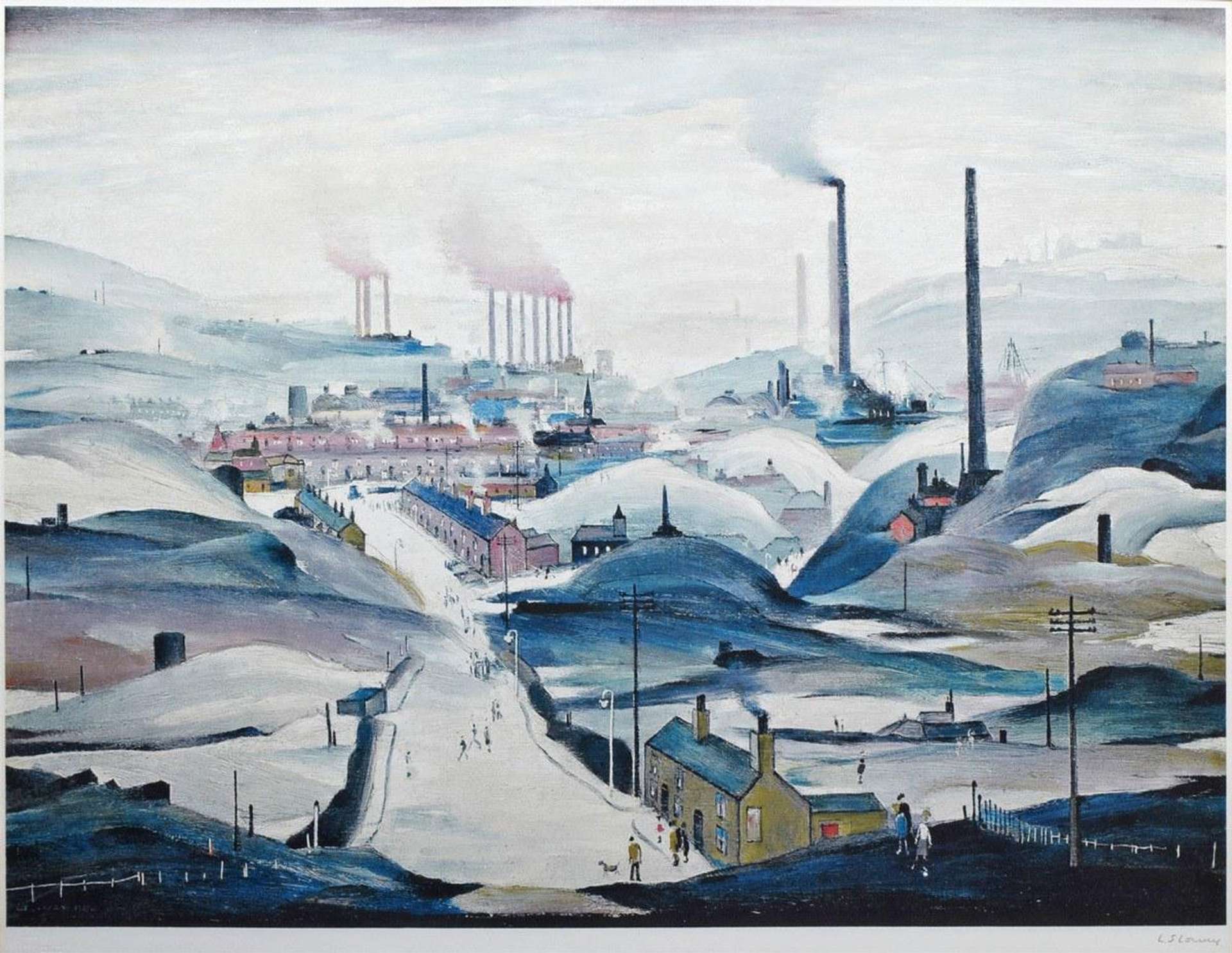
Industrial Panorama
Signed Print
L S Lowry
£3,550-£5,500Value
Indicator
$7,000-$10,500 Value Indicator
$6,000-$9,500 Value Indicator
¥30,000-¥50,000 Value Indicator
€4,150-€6,500 Value Indicator
$35,000-$50,000 Value Indicator
¥680,000-¥1,050,000 Value Indicator
$4,450-$7,000 Value Indicator
AAGR (5 years) This estimate blends recent public auction records with our own private sale data and network demand.
There aren't enough data points on this work for a comprehensive result. Please speak to a specialist by making an enquiry.
Medium: Lithograph
Edition size: 300
Year: 1972
Size: H 61cm x W 79cm
Signed: Yes
Format: Signed Print
TradingFloor
MyPortfolio
Your collection tracked in real time.
Build your portfolio, manage valuations, view return against your collection and watch works you're looking for.
Track auction value trend
Auction Results
| Auction Date | Auction House | Artwork | Hammer Price | Return to Seller | Buyer Paid |
|---|---|---|---|---|---|
| September 2023 | Wilson55 - United Kingdom | Industrial Panorama - Signed Print | |||
| March 2023 | Kinghams Auctioneers - United Kingdom | Industrial Panorama - Signed Print | |||
| November 2021 | Reeman Dansie - United Kingdom | Industrial Panorama - Signed Print | |||
| September 2021 | Bonhams Knightsbridge - United Kingdom | Industrial Panorama - Signed Print | |||
| November 2019 | Fieldings Auctioneers - United Kingdom | Industrial Panorama - Signed Print | |||
| June 2019 | Mellors & Kirk - United Kingdom | Industrial Panorama - Signed Print | |||
| December 2015 | Bonhams New Bond Street - United Kingdom | Industrial Panorama - Signed Print |
Meaning & Analysis
Industrial Panorama is a print from 1972 by L. S. Lowry based on a painting of the same name from 1953, showing an imaginary industrial landscape characterised by unusual hills and smokestacks. Representing Lowry’s late painterly style, this print emphasises the drabness of the industrial landscape rather than the isolation of its inhabitants that was typical of his earlier works.
Though this scene is inspired by the artist’s real-life observations of working class lives in industrial towns, Industrial Panorama shows a general impression of the urban environment created from memory. As an example of Lowry’s late style, this print is particularly dream-like with his depiction of rolling hills and industrial buildings seemingly growing out of the landscape. There seems to be no distinction between the natural and the industrial in this scene, notably as we see smoke from the mills fade into the sky and clouds, and the way in which landscape and buildings are rendered as though merging into one another.
Lowry shows the landscape to overwhelm the tiny people that populate the street, unlike many earlier prints that show his figures in the foreground of the image. The viewer feels a familiar sense of hopelessness, what art historian John Rothenstein calls ‘a kind of gloomy lyricism’, as Lowry shows the working classes to be subject to the environment that they were born into.
